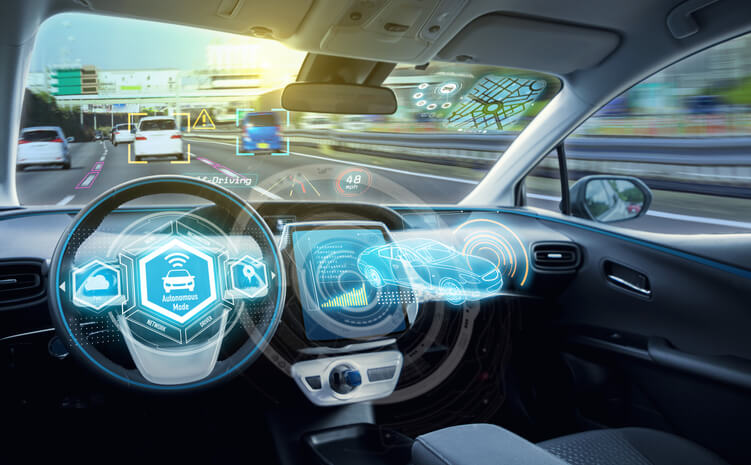In Automotive Technology Training? Exploring Cybersecurity in an Ultra-Connected Automotive Landscape
As the automotive industry evolves, vehicles are no longer simple machines but complex interconnected systems that blend hardware and software. This integration makes cybersecurity an essential component of automotive technology training.
Understanding the intersection between traditional automotive skills and modern cybersecurity measures is critical for technicians entering this field. Here, we explore how cybersecurity impacts various key elements of automotive technology training programs.
Preventive Maintenance and Service Wheels, Tires, Hubs, and Bearings
Preventive maintenance traditionally focuses on a vehicle’s mechanical aspects, ensuring everything from the engine to the suspension is in optimal condition. In the ultra-connected landscape, preventive maintenance also includes monitoring the vehicle’s software health. Technicians must know how to update systems, patch vulnerabilities, and protect the software against hacking, which could lead to safety issues or data breaches.
While servicing wheels and tires may seem purely mechanical, the role of sensors and electronic systems that monitor tire pressure and wheel speed has grown significantly. These systems feed information directly to the vehicle’s central computer.
Taking in-depth cybersecurity training after an automotive technology course will help technicians ensure that this data is accurate and securely transmitted, protecting against malicious attacks that could, for instance, falsely report tire data and compromise vehicle safety.

Hydraulic Brake Systems and Other Hydraulic Components
Modern hydraulic systems in vehicles often incorporate electronic sensors and controls that dynamically adjust braking power.
Cybersecurity is crucial to protect the integrity of the communication between these sensors and the vehicle’s electronic control units (ECUs). A compromised system could lead to brake failure, making cybersecurity knowledge essential for anyone working within these systems.
Suspension, Steering Systems, Wheel Alignment, and Electrical and Electronic Systems
As with brakes, modern suspension and steering systems are often adjusted electronically based on various sensors’ inputs. Training must now cover the mechanical maintenance of these systems, the protection of their electronic components, and data transmissions. Cybersecurity measures ensure that malicious actors cannot alter the behaviour of these critical systems, which could lead to accidents.
Electrical fundamentals and general electrical systems diagnostics are foundational in automotive training. With vehicles increasingly reliant on electronic systems for basic functionality, the need for cybersecurity is more pronounced.
Technicians must identify vulnerabilities within automotive networks, such as CAN (Controller Area Network) bus systems, which, if hacked, could allow control over the vehicle.

Engine and Systems Servicing in Automotive Technology Training
Servicing engines, whether dealing with ignition, fuel injection, or emissions and computer control systems, now requires a dual focus. Technicians must understand both the mechanical and the electronic aspects.
Cybersecurity knowledge is essential to ensure that software managing these systems functions correctly and is secure from tampering, especially with systems directly impacting vehicle emissions and performance.
For students in automotive technology training programs, cybersecurity knowledge is not just an enhancement but a necessity. As vehicles evolve into mobile data centres, the lines between mechanical maintenance and IT security blur. Technicians must be prepared to address challenges from a highly interconnected automotive world.
A holistic approach to training will equip future automotive technicians with the skills needed to service mechanical and electronic systems and protect them against emerging cyber threats. This knowledge will be crucial in maintaining the trust and safety of automotive technology in the future.
Are you ready to enroll in automotive training?
Contact ATC Cambridge for more information.


